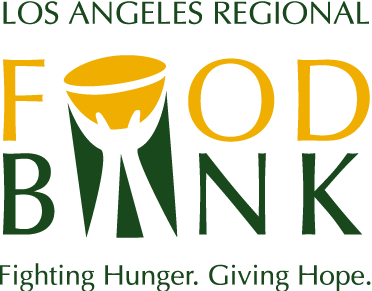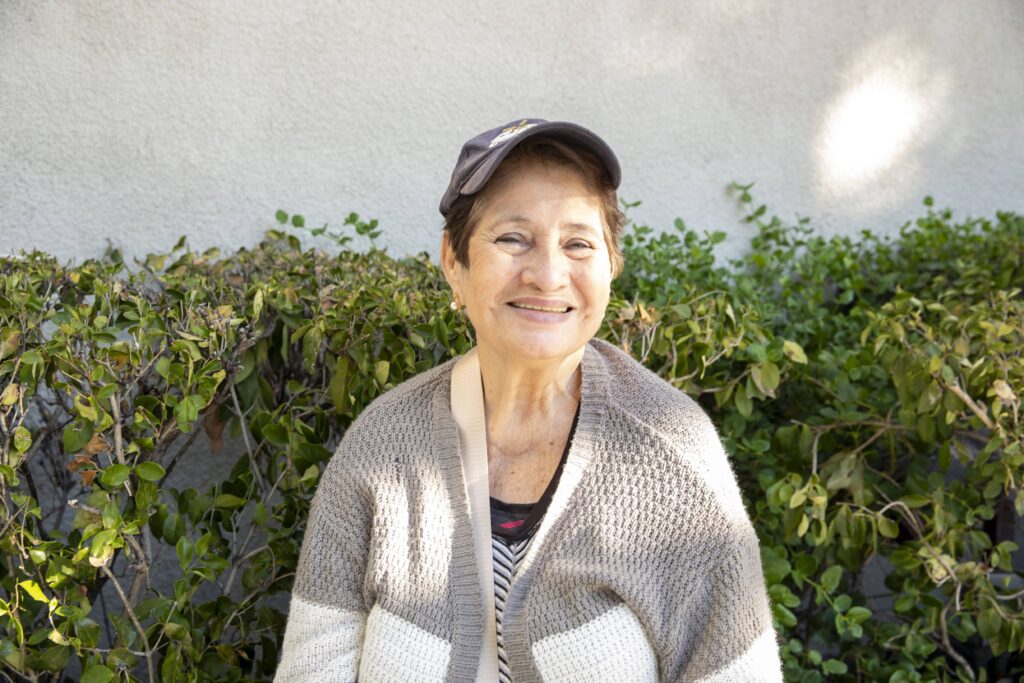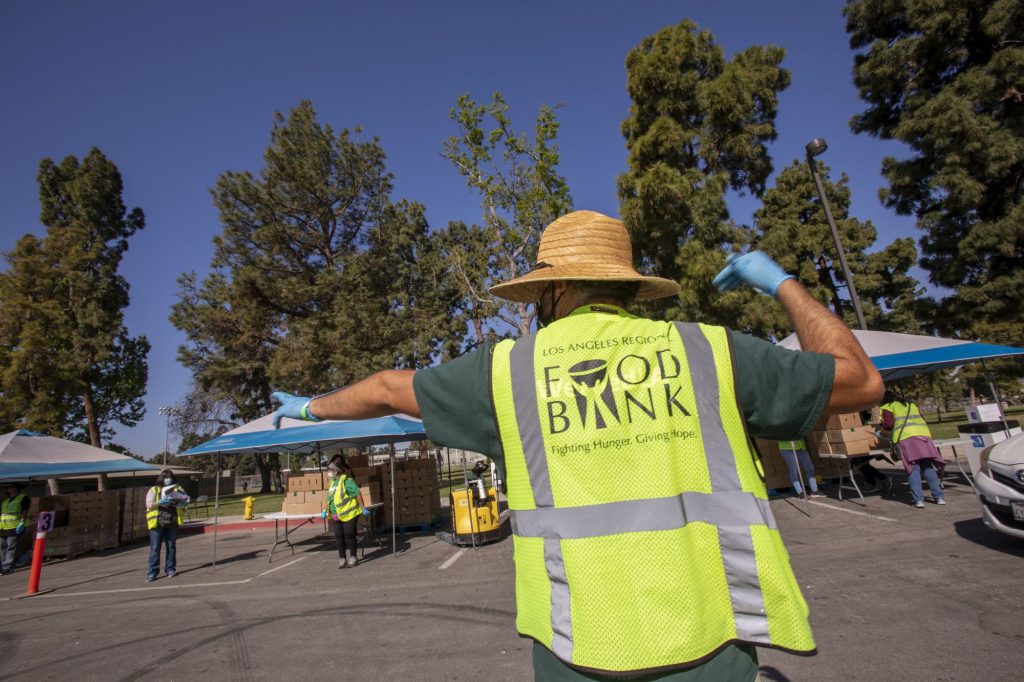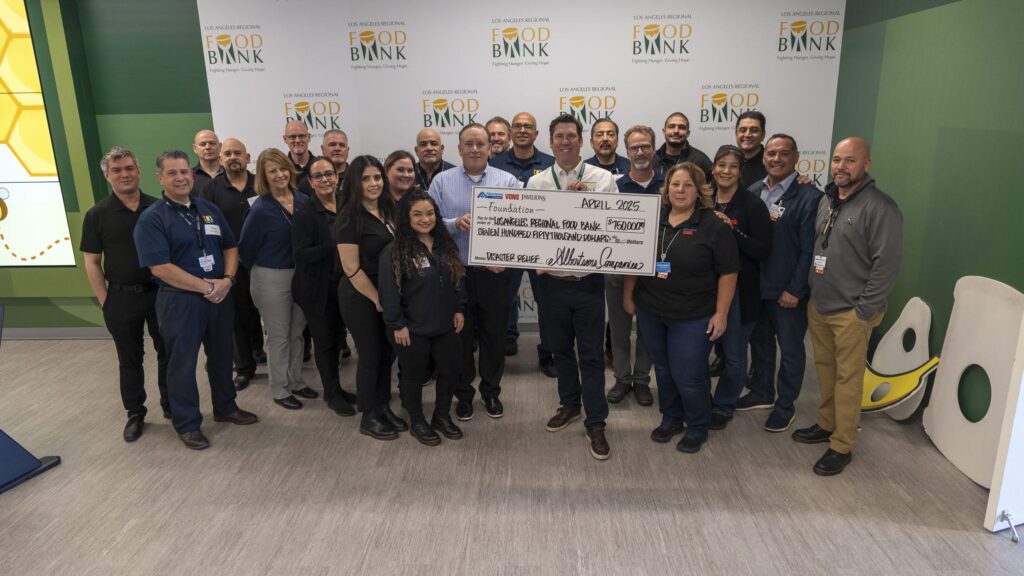Food Insecurity Impacts Health
Food Insecurity Impacts Health
Many diet-related diseases such as diabetes, hypertension, heart disease, and obesity have been associated with food insecurity, reports the Food Research and Action Center (FRAC).
FRAC’s Senior Nutrition Policy and Research Analyst Heather Hartline-Grafton, Dr. PH., R.D., shares that growing evidence highlights the connection between food insecurity and a higher risk of obesity, particularly food-insecure women.
Some reasons why food-insecure individuals and families are more vulnerable to obesity and inadequate nutrition include limited resources to buy nutritious food, lack of access to healthy, affordable food, lack of resources to use appliances and utensils to store and cook food, cycles of missed meals and binging, concerning levels of stress, anxiety, and depression, and lesser opportunities for routine exercise.
Related Story: Food-Insecure Older Adults Are More Susceptible to Cognitive Decline
Food-insecure adults with diabetes are more likely to have poor glucose control, further explains Hartline-Grafton, Dr. PH., R.D.
Reasons for this may include medication underuse due to costs, inconsistent usage of prescriptions (skipping doses, taking less medicine, or erratic filling and refilling of prescriptions), delaying preventive or needed medical care, or going without the nutrition required for diabetic-specific nutritional needs.
“Poor glucose control can lead to health complications in the short- and long-term future as well as increased use of the health care system. This is just one example of the ripple effects food insecurity can have on a person’s health and well-being – and on the health system,” says Hartline-Grafton, Dr. PH., R.D.
Investing in the Health of its Community
Recognizing the connections between food insecurity and diet-related diseases, California State University, Los Angeles, Assistant Professor Renee Johnson, Ph.D. helps lead a team of five medical students to administer blood-pressure monitoring at food distributions hosted by Los Angeles Regional Food Bank partner agency, Foothill Unity Center.
“We try to utilize the food they receive in the best possible way,” says Johnson, Ph.D. “The fresh vegetables that come through the distribution here are simply amazing. One of the things that are really important from a health perspective is to be able to work with the families on teaching them how to use those fresh resources, how to store them, how to clean them, and how to cook them. It’s a great learning experience for the students, and the impact on the community has just been amazing. Before they get to the hospital, maybe we can impact them more health-wise.”
Related Story: Executive Summary: Food Insecurity Is Associated with Mental Health
Your gifts help make distributions like the ones at Foothill Unity Center possible. If you are in the position to do so, please consider making an investment in the health of our food-insecure neighbors and our community when you contribute to the mission of the Food Bank today.





